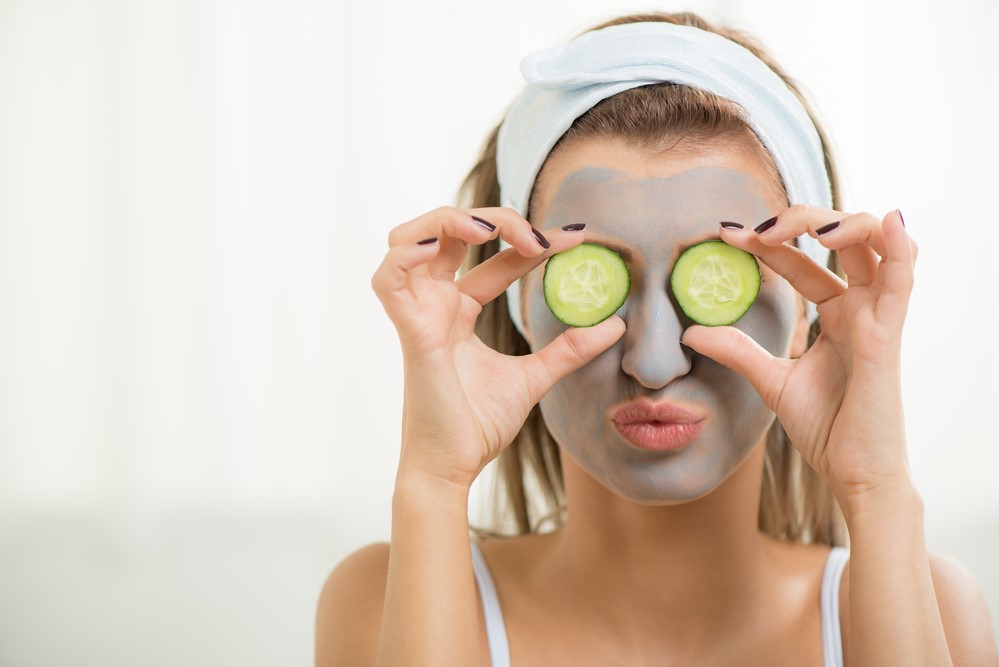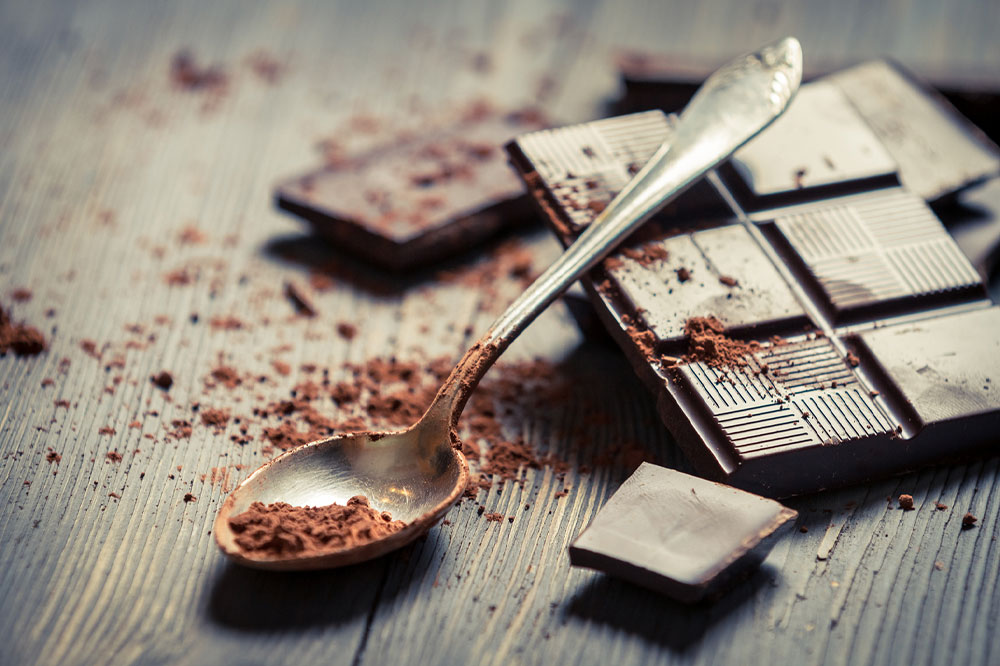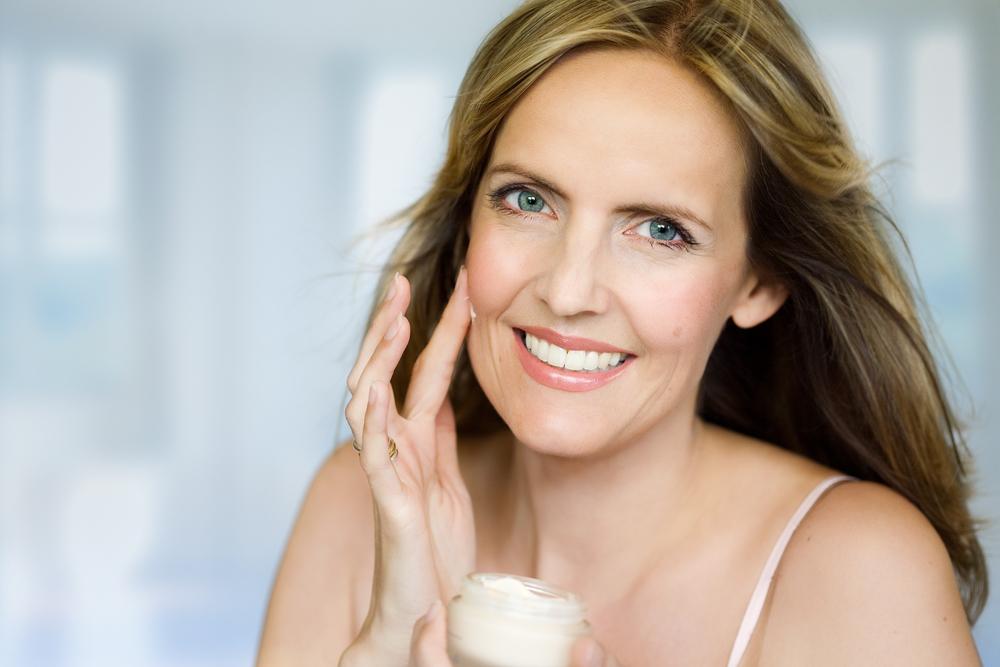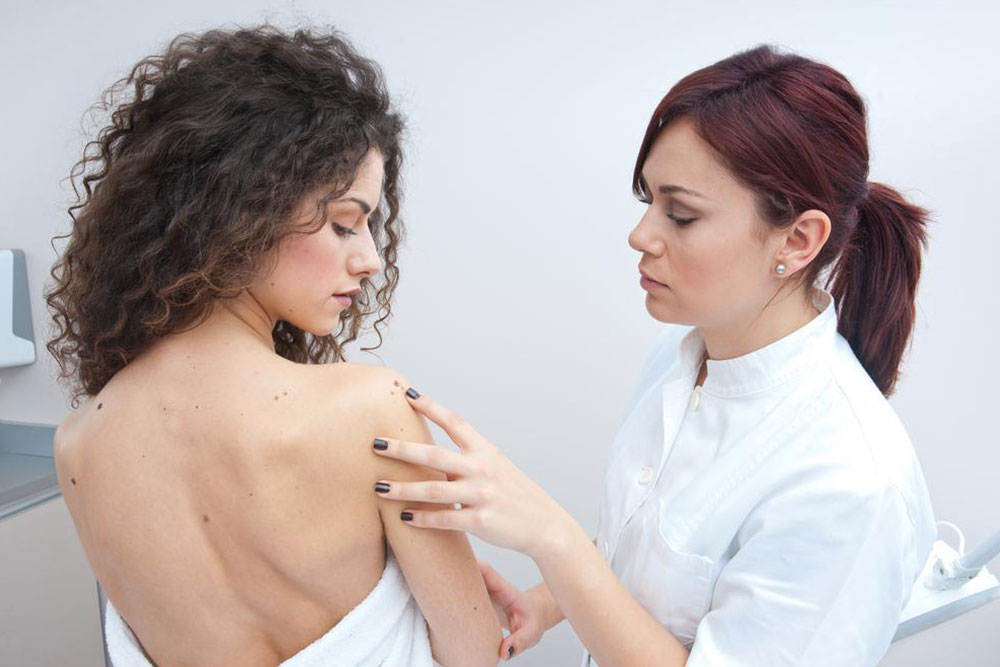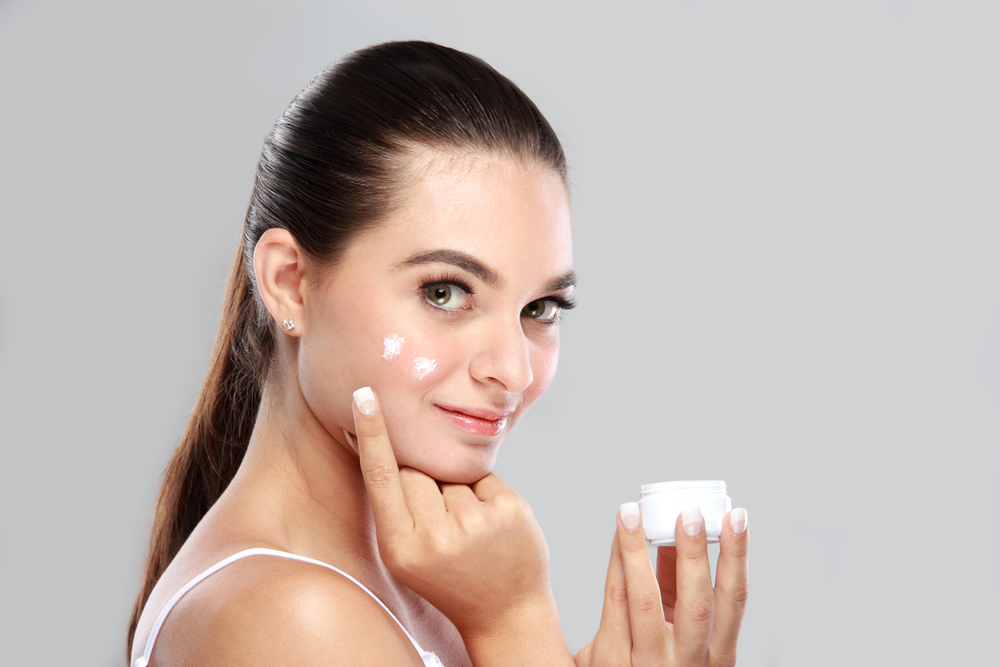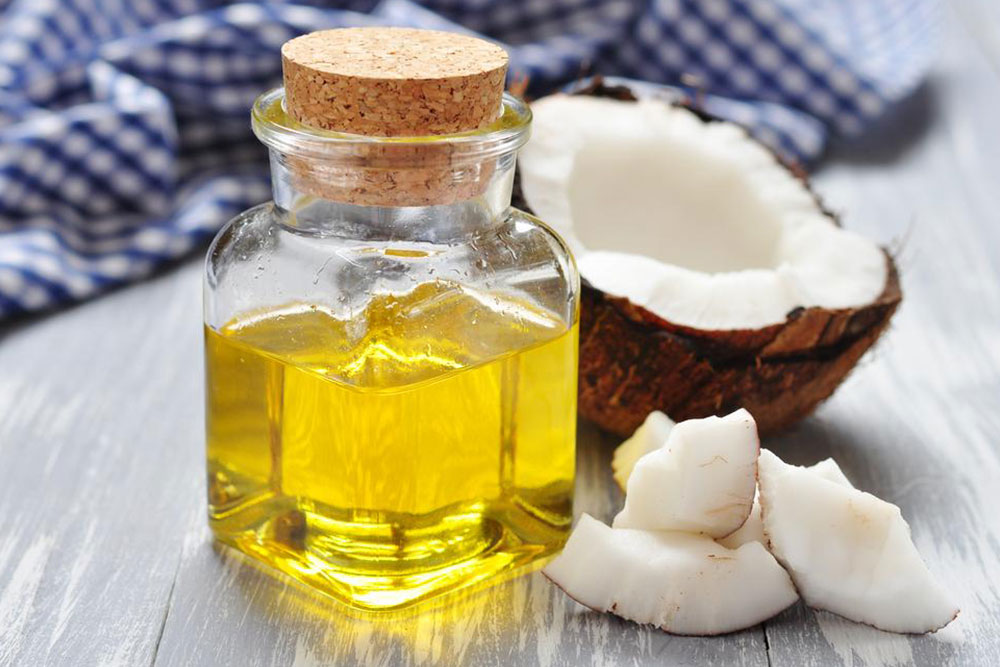Essential Lifestyle Habits for Achieving Radiant and Healthy Skin
Discover comprehensive lifestyle habits that can transform your skin health. From nutritious diets and proper sleep to hydration, exercise, stress management, and sun protection, learn practical tips to achieve radiant, youthful skin that lasts. Implementing these habits can lead to long-term skin wellness and a glowing complexion.

Effective Lifestyle Strategies for Glowing, Youthful Skin
Achieving luminous, healthy skin is often a result of consistent skincare routines, but true skin wellness extends beyond topical applications. Incorporating specific lifestyle habits plays a crucial role in enhancing skin vitality, reducing signs of aging, and maintaining a radiant complexion over the long term. Healthy eating, proper sleep, hydration, regular exercise, stress management, sun protection, and mindful bathing practices are some of the proven strategies that support skin health from within. In this comprehensive guide, we will explore each of these lifestyle habits in detail and provide practical tips to embed them into your daily routine for optimal skin benefits.
Eat a Nutrient-Rich Diet for Skin Nourishment
Your diet has a direct impact on your skin's health and appearance. Consuming a variety of fresh fruits and vegetables supplies essential vitamins, antioxidants, and minerals that facilitate skin repair and defense against environmental damage. Focus on foods high in vitamin C, which boosts collagen synthesis, and vitamin E, known for its antioxidant properties that guard skin cells from oxidative stress. Iron-rich foods like spinach and beans help improve skin tone, while nuts and seeds provide healthy fats that support skin elasticity. Incorporating whole grains and lean proteins further contributes to a balanced diet that promotes a glowing complexion. For example, citrus fruits such as oranges and grapefruits, leafy greens like kale and spinach, alongside nuts and seeds, are excellent choices to nourish your skin from the inside out.
Prioritize Adequate and Restorative Sleep
Getting enough quality sleep is vital for skin rejuvenation. During deep sleep phases, your body produces collagen and cell repair processes that help to diminish the appearance of fine lines, dark circles, and dullness. Experts recommend aiming for 8 to 10 hours of restful sleep each night to allow your skin to repair and renew effectively. Establishing a consistent sleep routine and going to bed before 10 pm aligns with your body's natural circadian rhythms, maximizing skin regeneration. Sleep deprivation not only leads to dull, lackluster skin but can also accelerate premature aging and increase the likelihood of skin conditions like acne and eczema. Creating a calming bedtime environment, avoiding screens before sleep, and practicing relaxation techniques can further improve sleep quality and skin health.
Stay Well-Hydrated for Healthy, Plump Skin
Hydration is essential for maintaining skin’s elasticity, suppleness, and overall vibrancy. Carry a reusable water bottle throughout the day and sip water regularly to keep your skin hydrated. Infusing water with natural ingredients like cucumber slices, fresh mint, or lemon can make hydration more appealing. Well-hydrated skin appears more plump and luminous, and it also enhances the skin’s ability to act as a barrier against environmental pollutants. Proper hydration also aids in flushing out toxins from the body, which can otherwise lead to dullness and congestion. Aim to drink at least 8 glasses (around 2 liters) of water daily, adjusting for activity levels and climate conditions to ensure your skin stays moisturized and healthy.
Engage in Regular Physical Activity to Boost Skin Vitality
Exercise is a natural and effective way to promote healthy skin. Physical activity increases blood circulation, delivering oxygen and vital nutrients to skin cells, which helps repair damaged tissues and encourages a radiant glow. Whether it’s brisk walking, cycling, dancing, yoga, or strength training, incorporating regular movement into your routine can significantly improve skin health. Exercise also helps reduce stress levels by releasing endorphins, which contribute to overall well-being and youthful skin. Additionally, sweating during workouts opens up pores and assists in expelling toxins from the skin, further supporting a clear and glowing complexion. Aim for at least 150 minutes of moderate exercise per week, combining cardio, strength, and flexibility workouts for optimal benefits.
Manage Stress for a Youthful and Vibrant Complexion
Chronic stress has been scientifically linked to skin dullness, breakouts, and accelerated aging. High stress levels lead to the release of cortisol, a hormone that can break down collagen, cause inflammation, and impair skin barrier function. Managing stress effectively is vital for maintaining youthful and vibrant skin. Incorporate relaxing activities like yoga, meditation, deep-breathing exercises, or hobbies you enjoy into your daily routine. Listening to music, spending time in nature, or practicing mindfulness can also help lower stress hormones and protect your skin against premature aging. Remember, a calm mind and body translate to a luminous, resilient skin appearance.
Practice Diligent Sun Protection to Prevent Damage and Aging
Ultraviolet (UV) radiation from the sun is one of the primary causes of skin aging, pigmentation, and skin cancers. Protecting your skin from harmful UV rays is a crucial step in maintaining a healthy complexion. Always apply a broad-spectrum sunscreen with at least SPF 50 before heading outdoors, regardless of the weather or season. Reapply every two hours, especially if you’re swimming or sweating. Additionally, seek shade during peak sun hours between 10 am and 4 pm, wear protective clothing, wide-brimmed hats, and UV-blocking sunglasses. Consistent sun protection minimizes the risk of sun damage, preserves skin elasticity, and helps prevent premature aging and hyperpigmentation.
Limit Hot Showers and Long Baths to Preserve Skin Moisture
Hot water, while comforting, can strip away the skin’s natural oils, leading to dryness, irritation, and compromised skin barrier function. To maintain optimal skin hydration, opt for lukewarm water when showering or bathing and keep the duration brief—ideally under 10 minutes. Using gentle, soap-free cleansers can also support your skin’s moisture barrier. After bathing, pat your skin dry gently and apply a moisturizer to lock in hydration. These simple habits help keep your skin soft, smooth, and resilient against environmental stressors. Avoid harsh scrubbing and extremely hot water to prevent unnecessary skin dryness and sensitivity.
